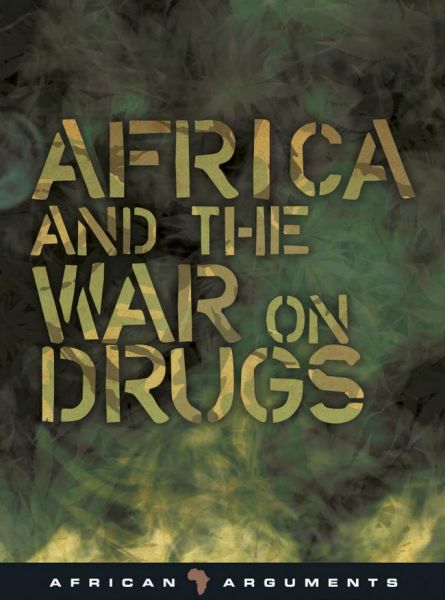Posted on May 28th, 2013 by Bill Weinberg and tagged
Africa,
book reviews,
cannabis,
cocaine,
Ethiopia,
Guinea-Bissau,
Hong Kong,
Kenya,
khat,
Lesotho,
methamphetamine,
Nigeria,
sacrament,
Senegal,
Single Convention,
Somalia,
South Africa,
West Africa,
Yemen.
 For those who have been wondering what the truth is behind the media sensationalism about global cartels establishing Africa as their new theater of operations, Africa and the War on Drugs by Neil Carrier and Gernot Klantschnig (Zed Books, London, 2012) clears the air in a welcome way.
For those who have been wondering what the truth is behind the media sensationalism about global cartels establishing Africa as their new theater of operations, Africa and the War on Drugs by Neil Carrier and Gernot Klantschnig (Zed Books, London, 2012) clears the air in a welcome way.
The authors, a pair of British academics, portray a strategy by the UN Office on Drugs and Crime (UNODC) to hype the threat and replicate the hardline policies pursued in Latin America and elsewhere on the African continent. Drug trafficking has definitely been growing in Africa in recent years—ironically, the authors argue, as a result of "successes" in Latin America. As the old cartels and their smuggling routes were broken up, new more fragmented networks have sought new routes and markets. This conveniently coincided with South Africa's reintegration to the world economy after the end of apartheid, and more generally with Africa's globalization.
 Some of the key cannabis cultivation zones around the world are also those feeling the earliest and harshest impacts of the impending global climate disaster. How can the global cannabis community respond?
Some of the key cannabis cultivation zones around the world are also those feeling the earliest and harshest impacts of the impending global climate disaster. How can the global cannabis community respond?
Recent comments
3 weeks 4 days ago
3 weeks 4 days ago
6 weeks 5 days ago
7 weeks 4 days ago
11 weeks 4 days ago
15 weeks 3 days ago
19 weeks 3 days ago
20 weeks 1 day ago
30 weeks 1 day ago
34 weeks 2 days ago